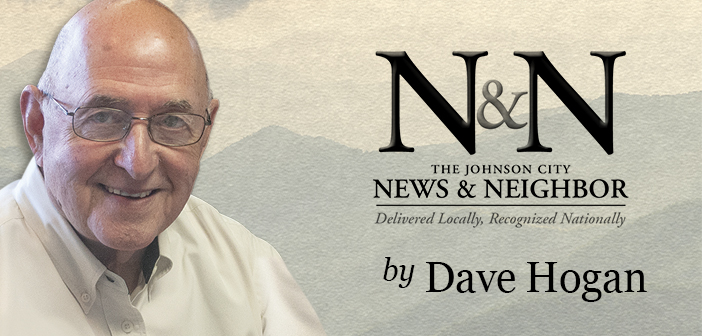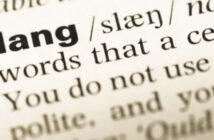Recently, I discovered an interview I’d recorded in 1985 with my late father, Garland Hogan. We discussed his experiences as a foot soldier in France, Belgium, and Germany during World War II.
One of the most interesting parts of the interview was about the 18 months Dad spent in the Civilian Conservation Corps (CCC). Dad contended that the CCC boys were some of the best soldiers during WWII, especially in the infantry. (Dad referred to the enrollees as boys, so that is the term I’ll mostly use here.)
The CCC was one of President Franklin D. Roosevelt’s New Deal programs, and by all accounts, one of the most successful. Started in 1933 during the Great Depression (Dad enrolled in 1938), the CCC lasted until 1942. During that nine-year period, some three million young men found temporary employment in the CCC.
To be eligible to join the Corps an enrollee had to be between the ages of 18 and 25, unmarried, unemployed, and a member of a family of little means. The men were paid $30 per month of which $25 had to be sent home to family, leaving the enrollee with $5 a month in pocket money. That doesn’t sound like much, but as Dad pointed out, when your lodging, food, clothing, and medical care are provided, not much else is needed.
On weekends, the boys made “Liberty Runs” to the nearest town with an opportunity to see a movie or seek out other entertainment such as GIRLS! In many cases, a CCC boy would meet a girl and take her home with him when he left the CCC. Dad’s sister, my Aunt Maybelle, was an example. A boy from Greensboro, while enrolled in a camp in the Western North Carolina mountains started courting her and when his time in the CCC was over, he whisked her off to Greensboro where they were married and spent their lives.
Dad spent his time at a camp in Brevard, North Carolina. While each camp consisted of about 200 enrollees a notable exception was Camp Cordell Hull in Unicoi County. This camp supported around 400 boys; it’s location on the site of the Johnson City Waterworks provided an unlimited supply of pure drinking water which was often a problem at other camps.
Shortly after the CCC was formed, the Great Smoky Mountain National Park was established in 1934. Thousands of park acres had been so damaged, mainly by commercial interests, that Horace Kephart, one of the fathers of the park, characterized them as “desecrated.” So they became a CCC priority with 22 camps established within the park and many others in surrounding counties, both in North Carolina and Tennessee. Among the many tasks performed in the park by CCC enrollees was reforestation of clear-cut slopes; building bridges, roads, and trails; and constructing buildings, retaining walls, trout hatcheries, and fire towers.
I’ve heard Dad say that his time in the CCC was one of the busiest of his life. Of the 200 boys in the Brevard camp, he was one of only two with a high school education. He was immediately made camp supply sergeant. He also assisted in the camp recreation programs, teaching boxing and coaching baseball. And in the evenings, he attended Brevard College, learning a method of teaching adults how to read and write since many of the boys were illiterate. Dad was a busy boy!
Many of the three million CCC boys served in WWII. Dad said the best soldiers he fought alongside in the European Theater were former CCC boys. In the CCC, they had learned camp life, discipline, how to get along with and work with others, and importantly, they had experience carrying heavy objects such as axes, picks, saws, and shovels over rough terrain. In the war, they carried rifles and ammunition, first aid kits, rucksacks, rations, and other weighty gear.
Fewer than 400,000 of the 16 million Americans who served in WWII are still living. And very few CCC enrollees are still alive. But their handiwork and contributions remain.
Let’s remember those CCC boys with heartfelt appreciation.
After 57 years in the radio industry, Dave Hogan is enjoying his retirement in North Carolina. He’d love for you to say ‘howdy’ to him via email at davealtonhogan@gmail.com.




